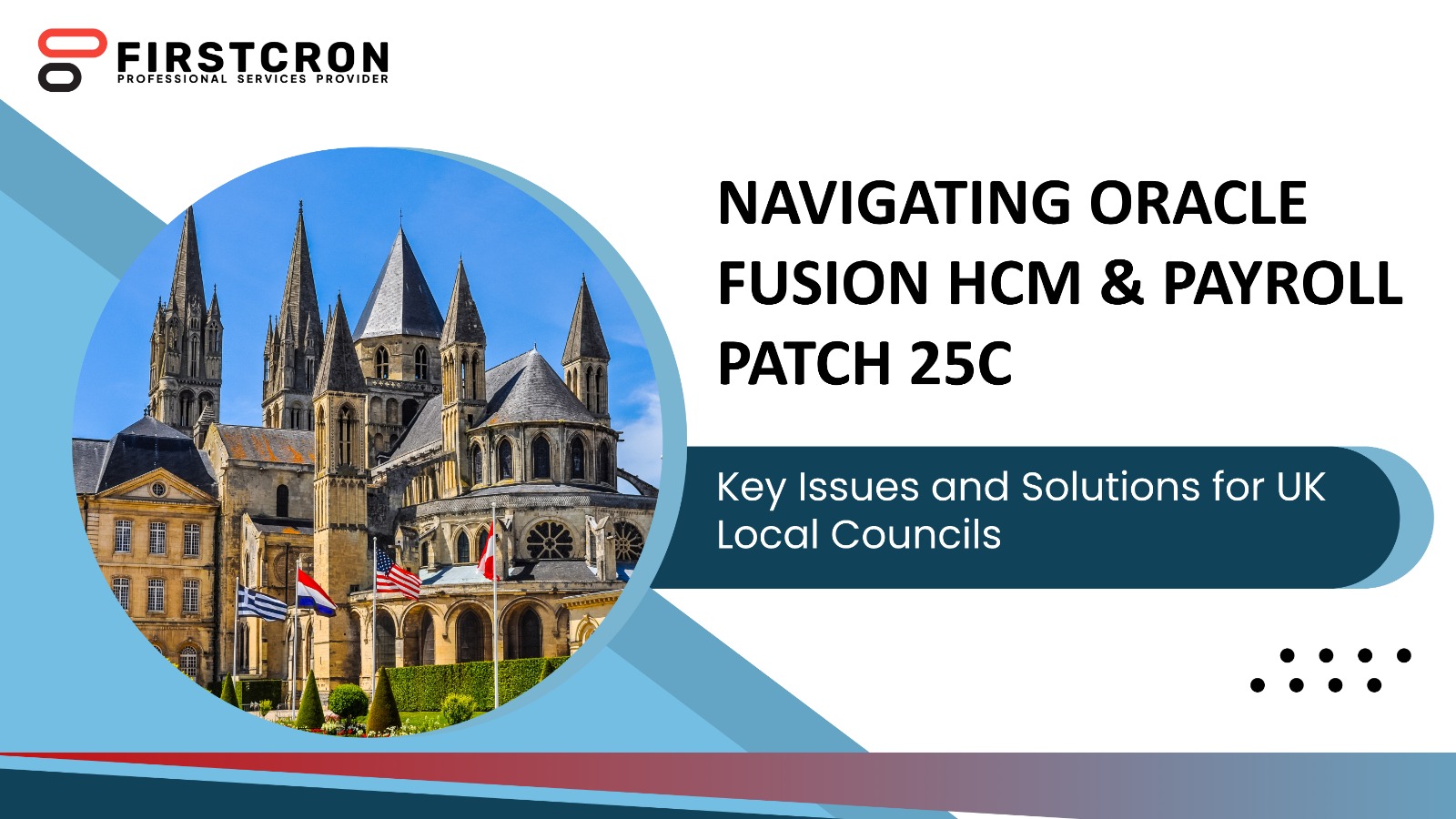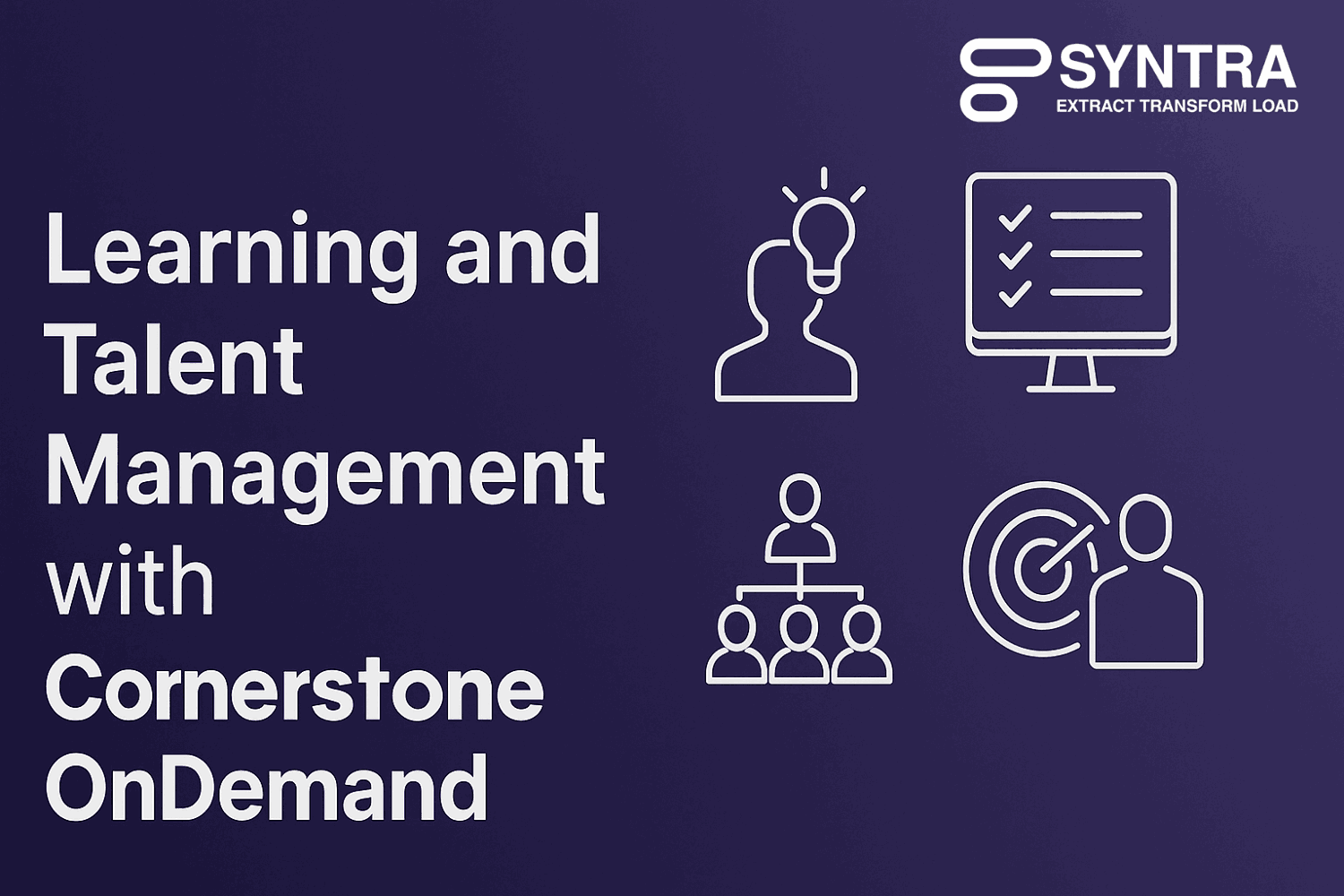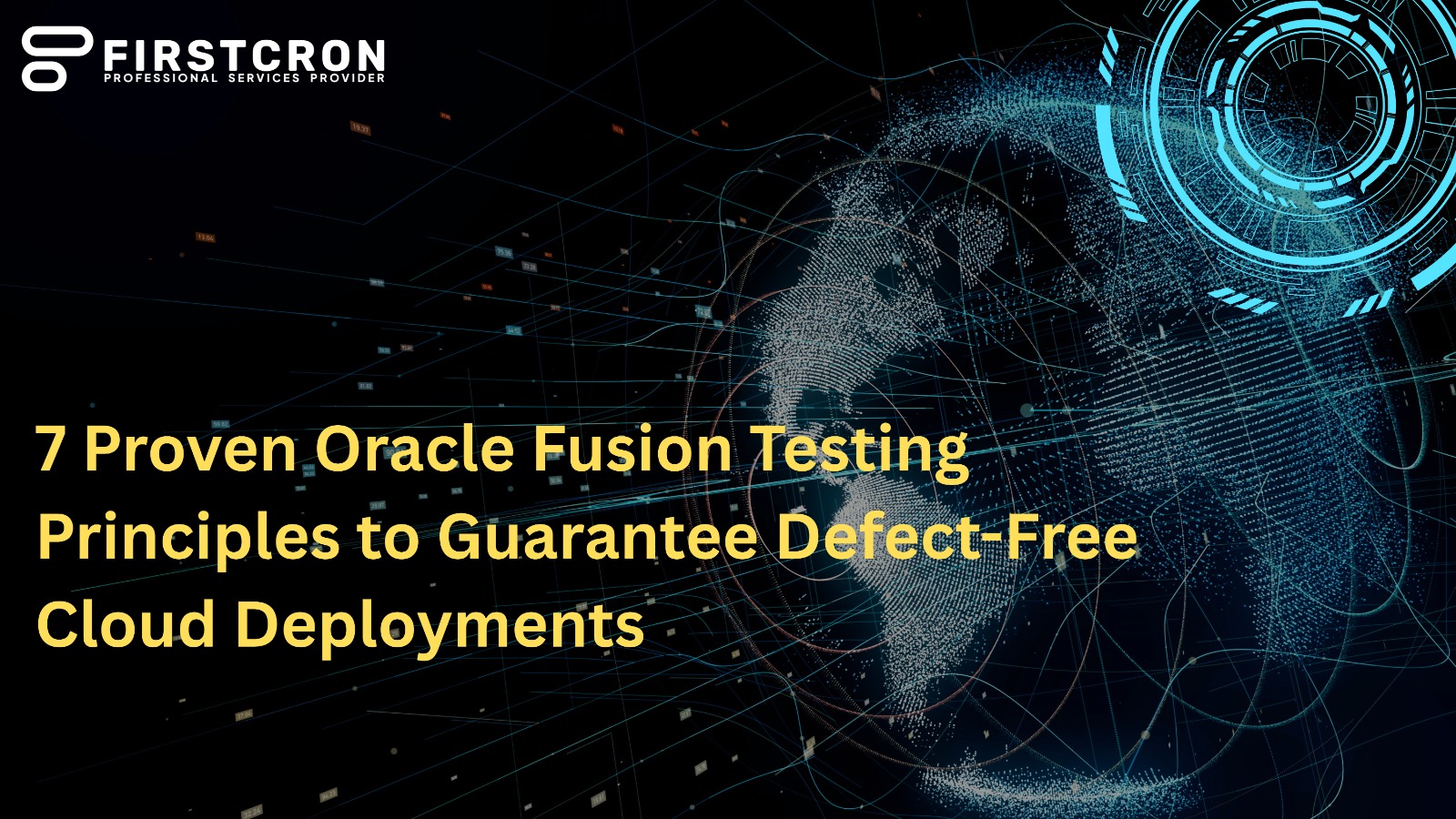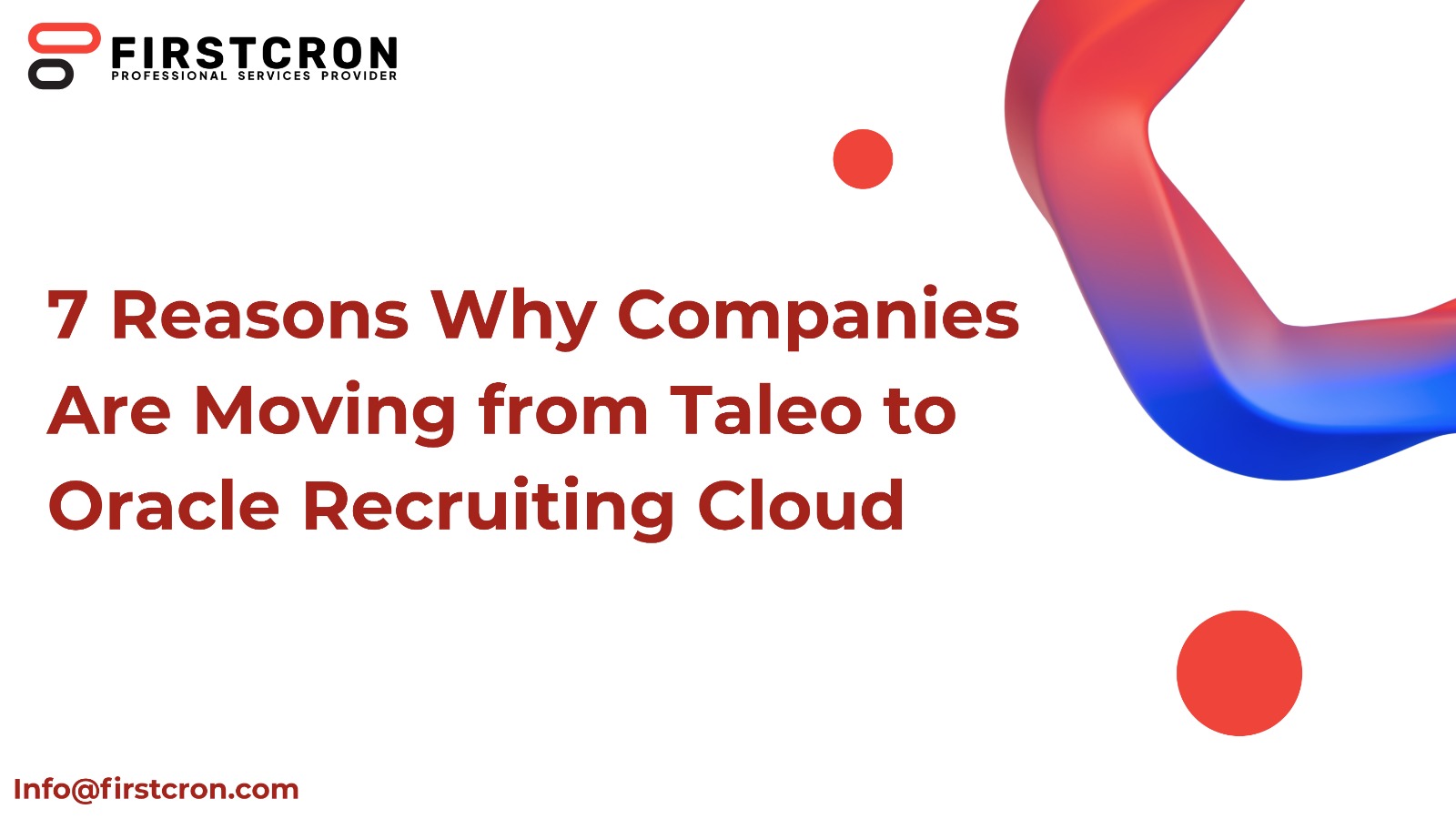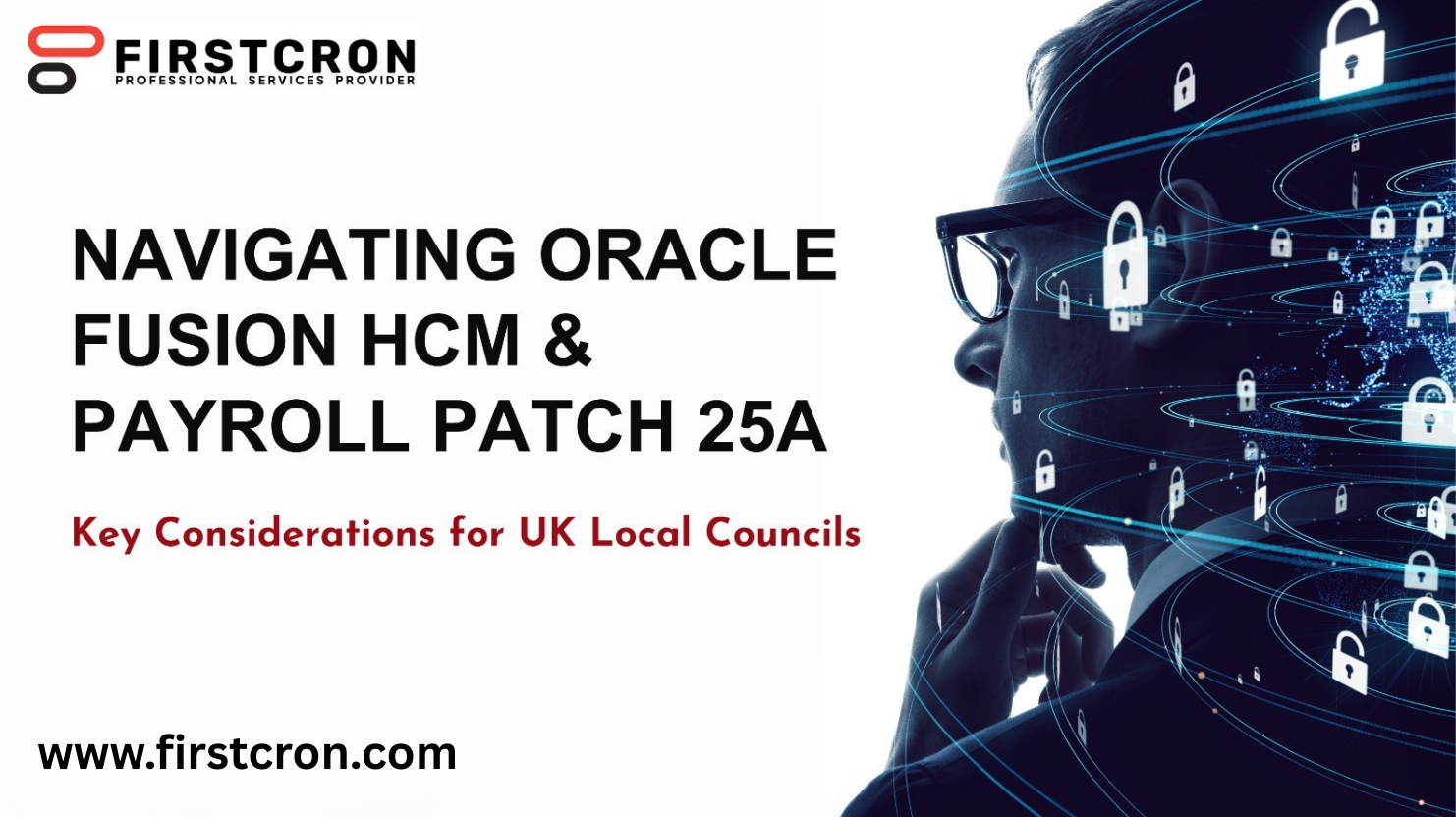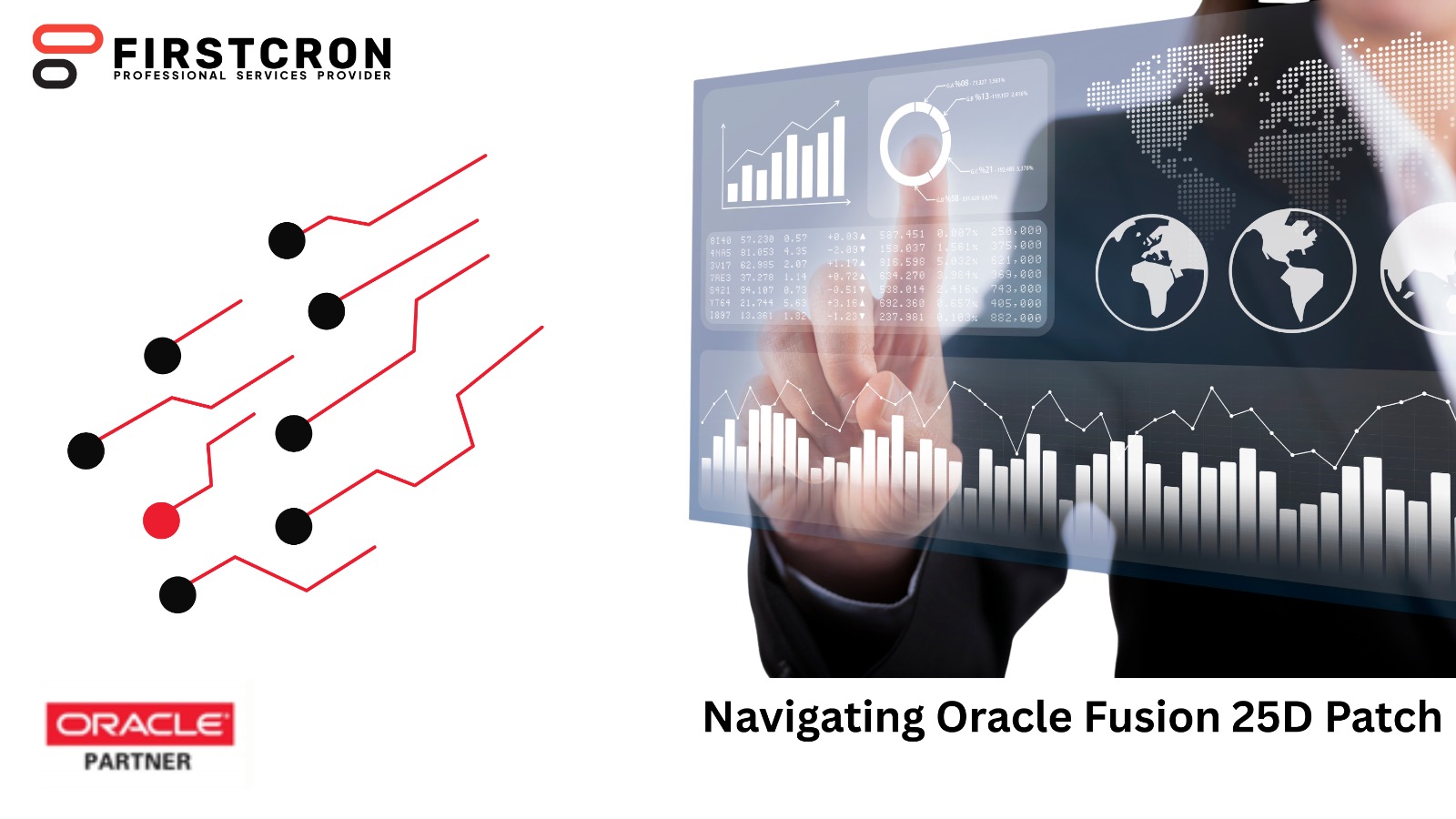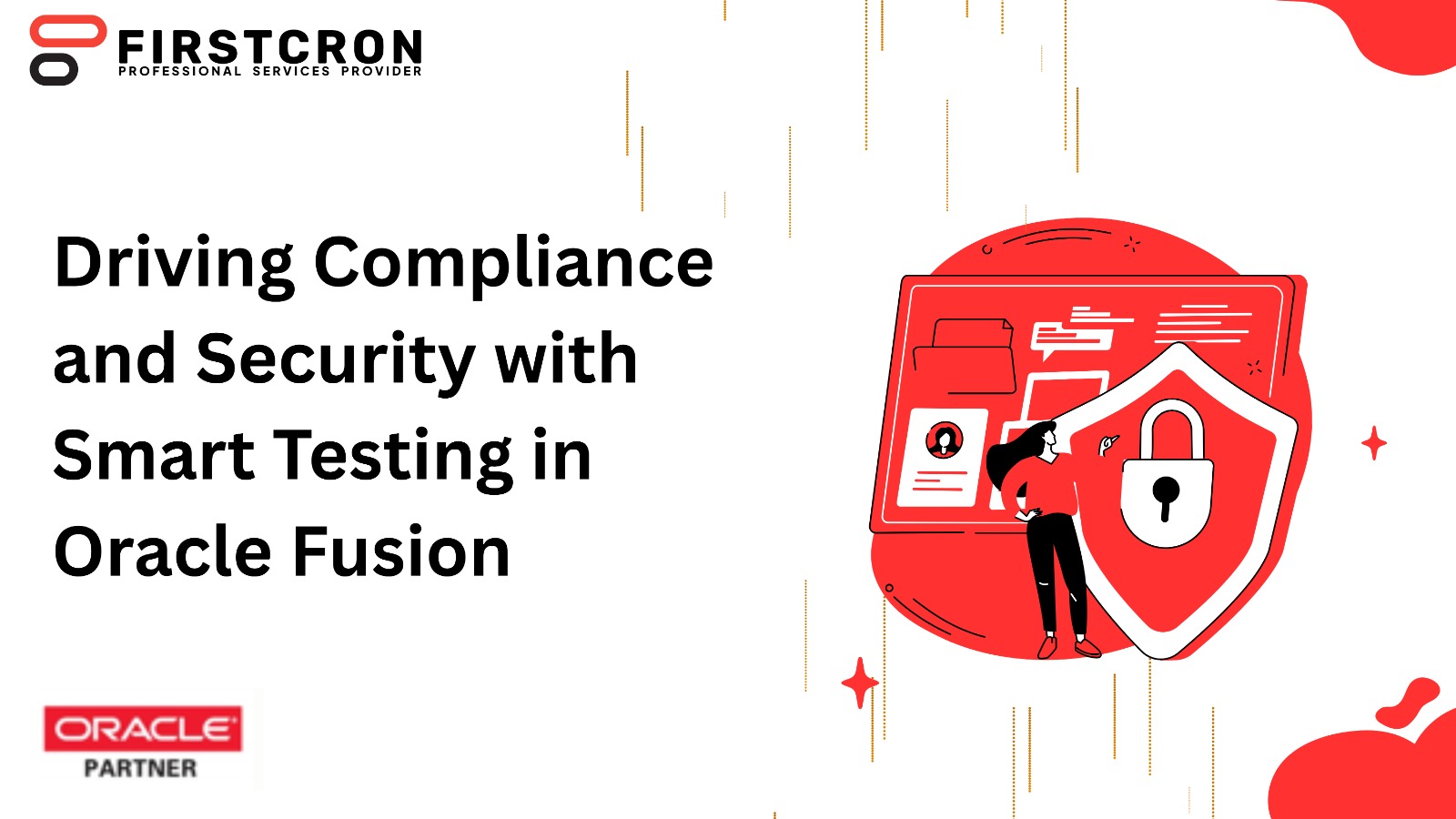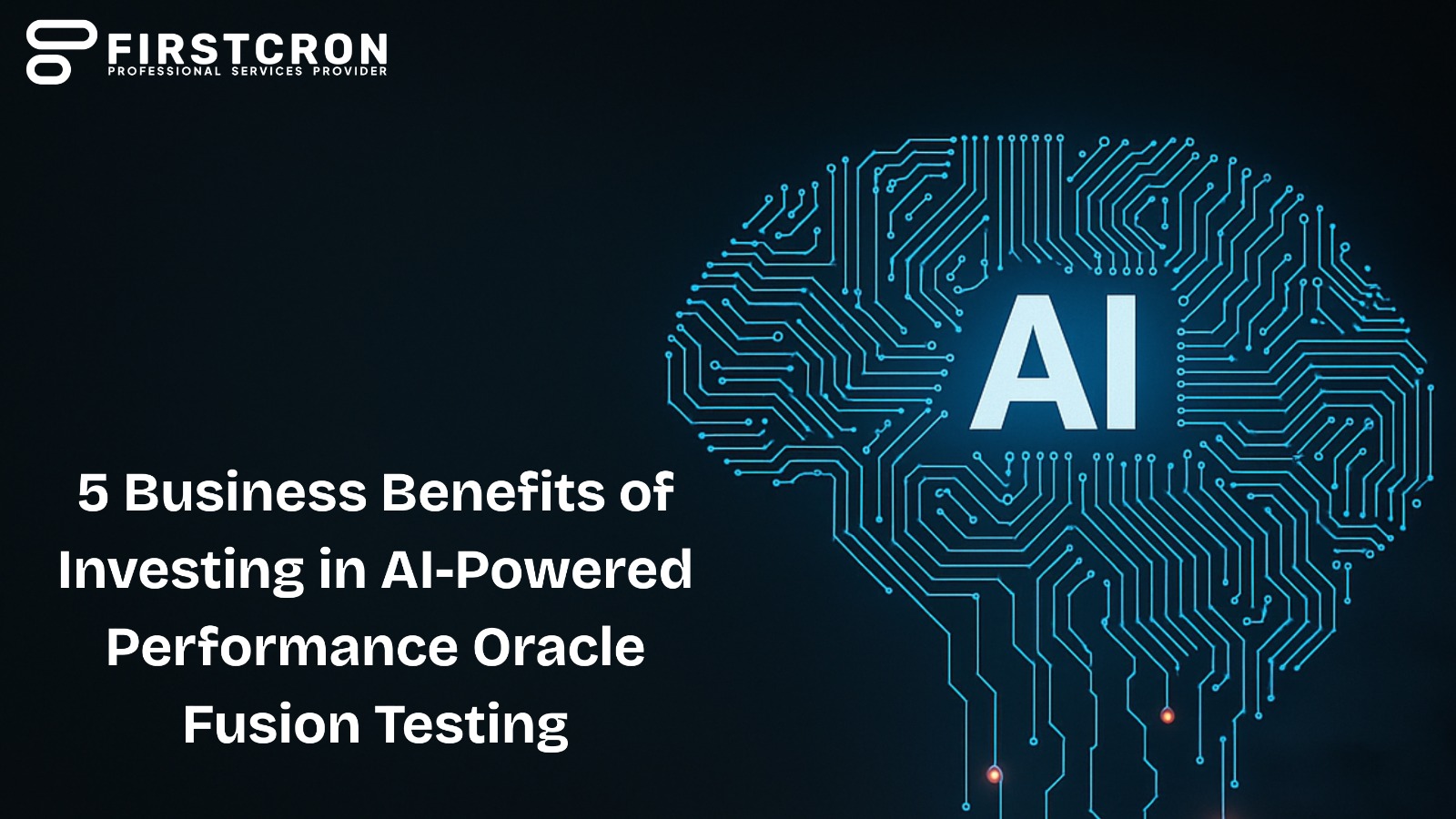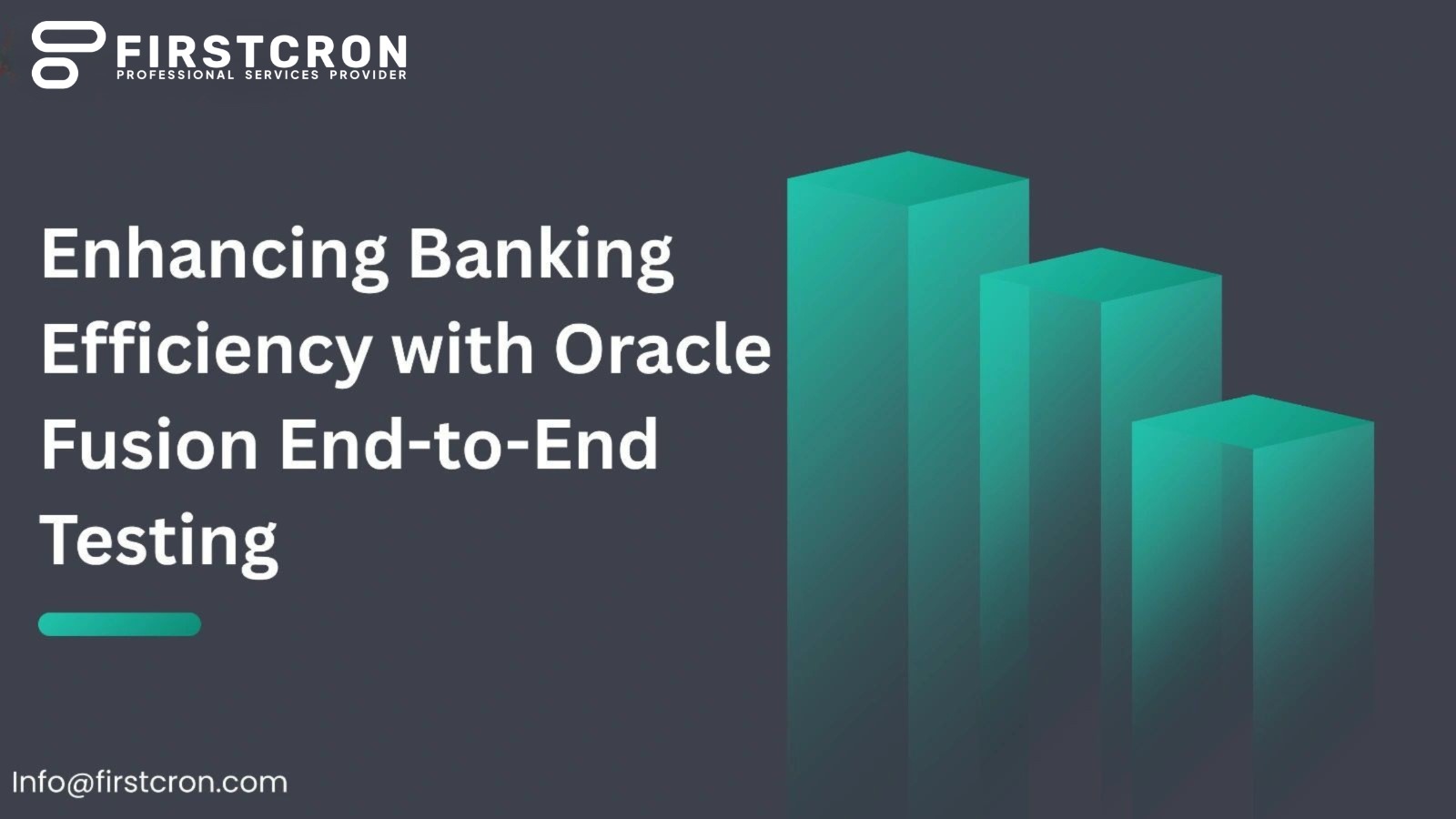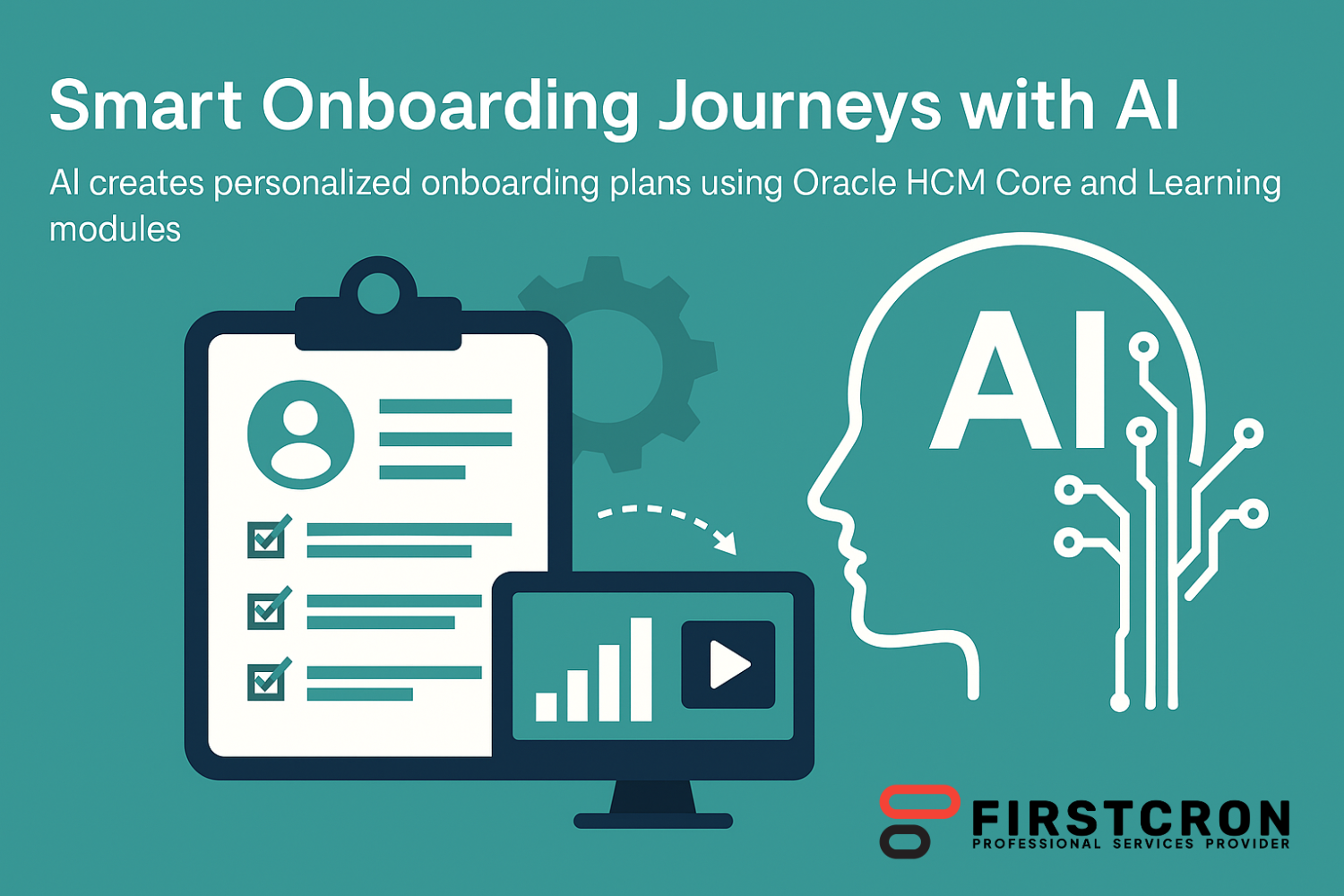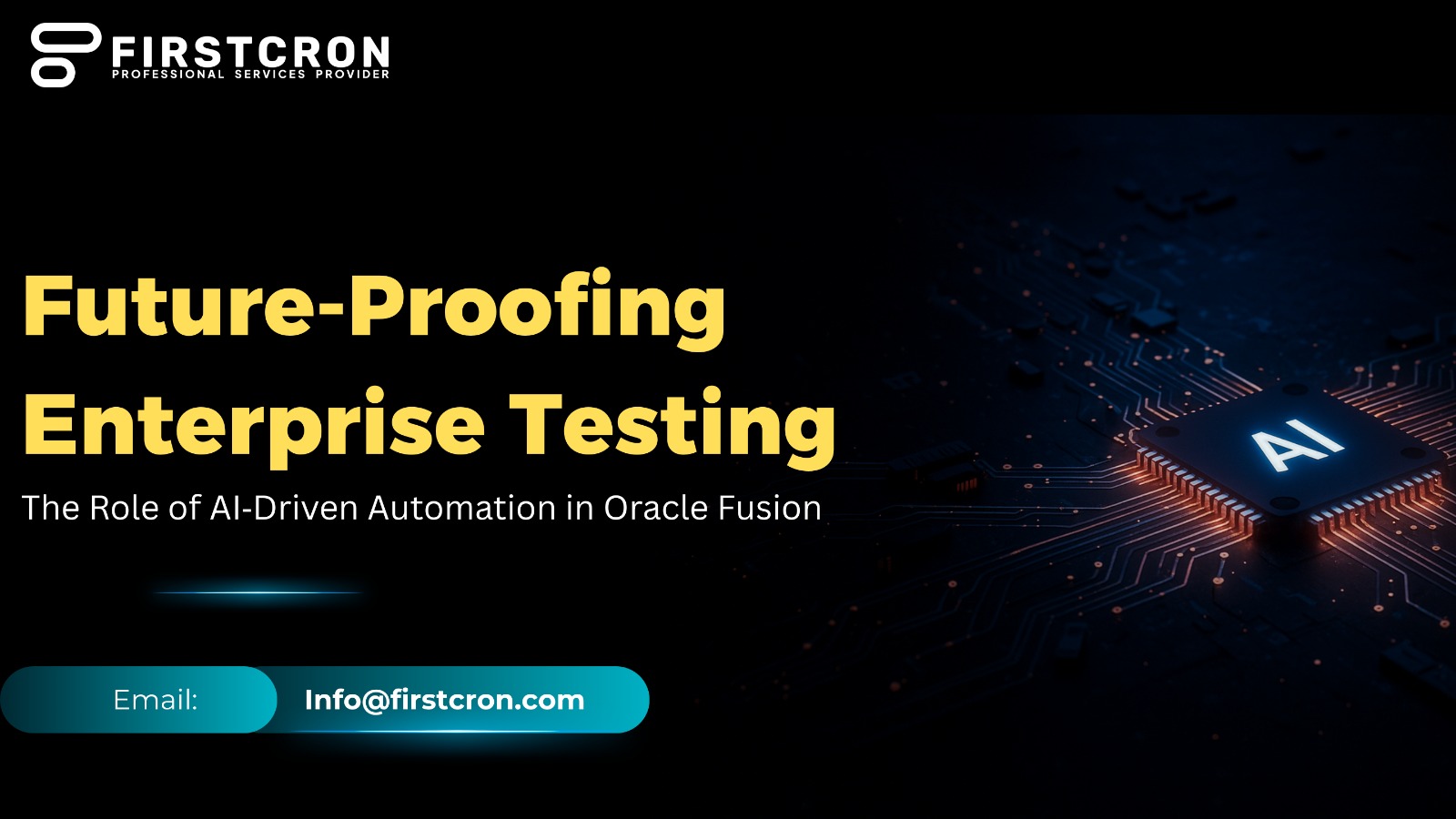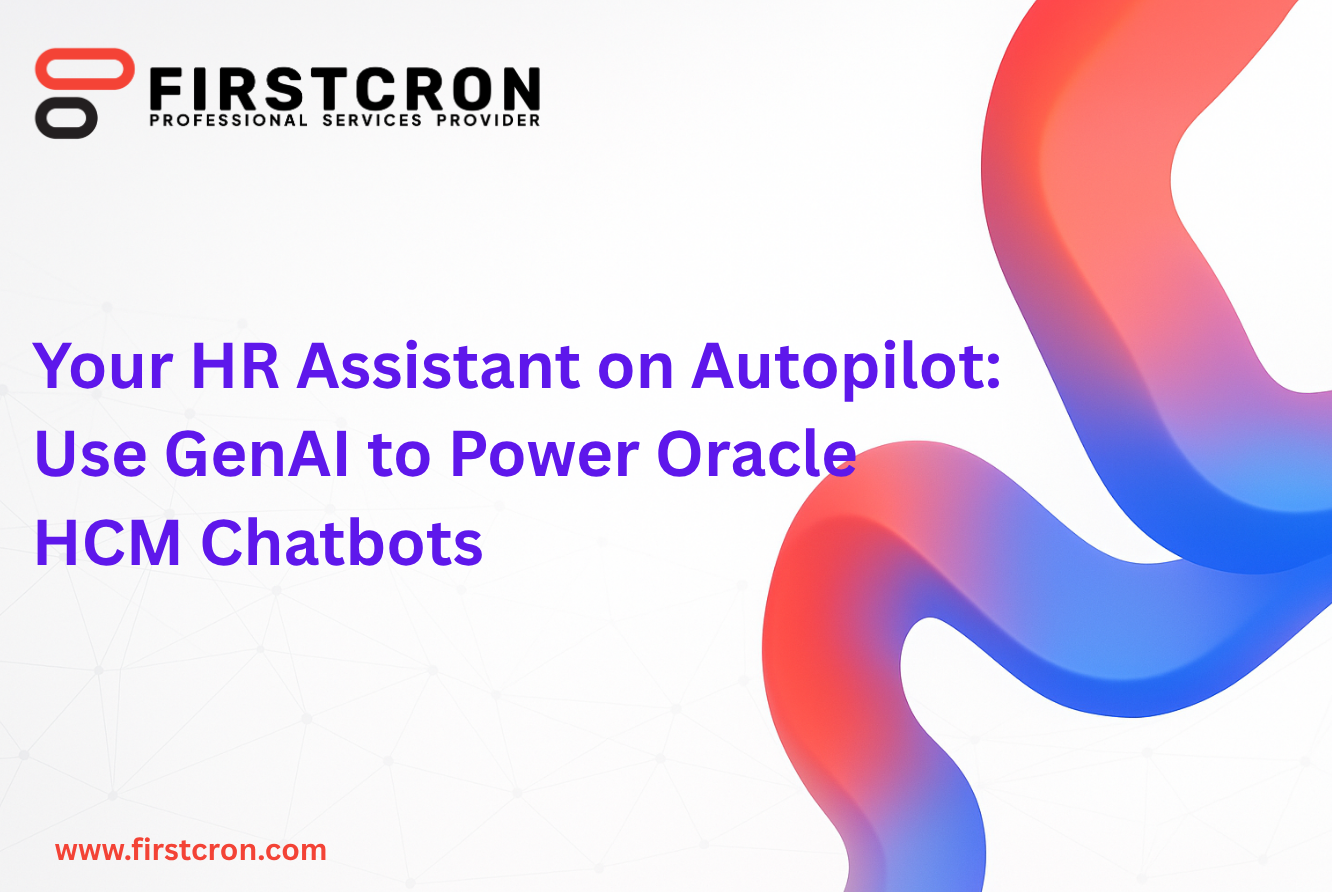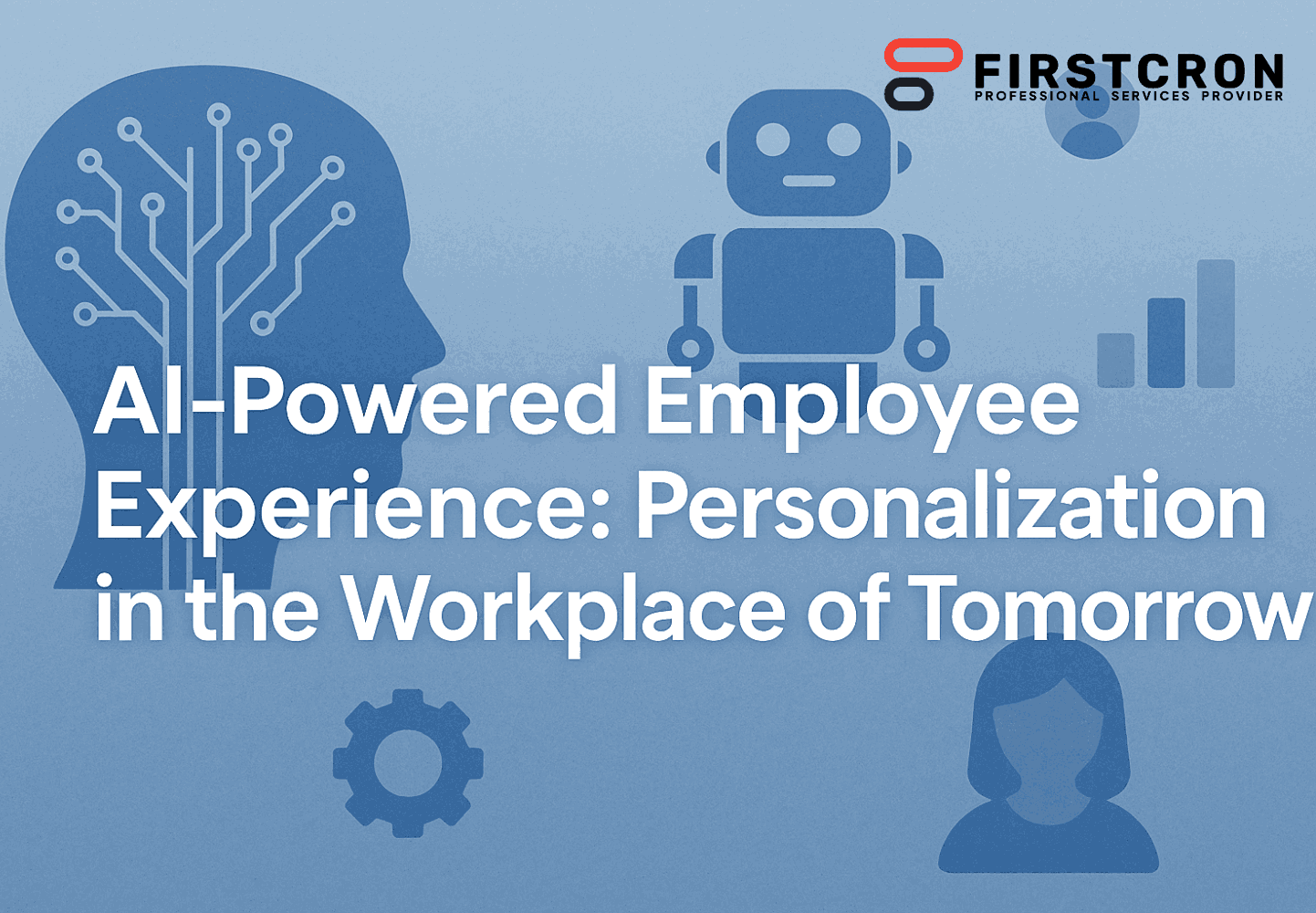
Artificial Intelligence (AI) has moved far beyond automation and analytics. Today, it’s becoming the heart of personalized employee experiences. In the modern workplace, employees expect the same level of customization they experience as consumers — from personalized learning paths to wellbeing recommendations. Organizations are now leveraging AI to deliver this, creating dynamic, responsive environments where each employee’s journey is uniquely tailored.AI-driven personalization in HR represents a shift from one-size-fits-all models to data-informed adaptability. The next-generation workplace thrives on understanding individual preferences, behaviors, and motivations — all while maintaining empathy and human connection.
In this blog we’ll cover
- The Evolution Of Employee Experience (EX)
- Why Personalization Matters More Than Ever
- How AI Powers Personalization
- Applications Of AI In Personalized Employee Experience
- Data, Ethics, And Trust In AI Personalization
- The Role Of AI In Continuous Listening
- Humanizing AI: Balancing Technology With Empathy
- Preparing For The AI-Powered Workplace Of Tomorrow
- Conclusion: The Personalized Future Of Work
The Evolution Of Employee Experience (EX)
Traditionally, employee experience was about policies, perks, and engagement programs. HR teams designed initiatives hoping to appeal to the majority. However, in a hybrid, global, and digitally connected world, personalization has become the key differentiator.
AI is enabling organizations to:
- Predict burnout, turnover, and performance outcomes.
- Tailor communications and benefits to employee needs.
- Analyze real-time feedback and engagement data.
This evolution marks a transition from reactive HR management to proactive experience design — one where data empathy meets digital intelligence.
Why Personalization Matters More Than Ever
In the age of digital overload, personalization cuts through the noise. Employees interact with numerous tools, emails, and dashboards daily, leading to fatigue and disengagement. Personalized experiences reduce cognitive load by delivering relevant information at the right time.
Benefits of Personalization in the Workplace:
- Higher Engagement: Employees feel seen and valued when systems recognize their preferences.
- Improved Retention: Personalized career development paths increase loyalty.
- Increased Productivity: AI assists in prioritizing tasks and reducing repetitive work.
- Enhanced Wellbeing: Tailored health and wellness recommendations improve satisfaction and mental health.
How AI Powers Personalization
AI systems can analyze vast amounts of employee data — from performance metrics to communication patterns — to predict what employees need before they ask for it. Machine learning models continuously refine personalization as they learn from individual behaviors.
AI techniques used include:
- Natural Language Processing (NLP): To understand employee feedback in surveys and chats.
- Predictive Analytics: To anticipate career aspirations or disengagement.
- Recommender Systems: To suggest learning modules or mentorship opportunities.
- Sentiment Analysis: To gauge morale and emotional climate.
- Chatbots & Virtual Assistants: To deliver personalized HR support on demand.
This ecosystem creates a digital experience layer that evolves alongside each employee’s journey — intelligent, contextual, and adaptive.
Applications Of AI In Personalized Employee Experience
| Area | AI Application | Impact On Employee Experience |
|---|---|---|
| Onboarding | Personalized training modules and automated orientation chatbots | Faster adaptation and higher initial engagement |
| Learning & Development | Adaptive learning paths using AI-driven content curation | Continuous skill enhancement aligned with career goals |
| Performance Management | Real-time feedback and predictive analytics for growth | Data-driven reviews and fair evaluation |
| Employee Wellbeing | Sentiment tracking and mental health nudges | Proactive support and burnout prevention |
| Internal Mobility | AI matching employees with internal job openings | Career progression and talent retention |
This table highlights how AI transforms HR functions from administrative to strategic — making employee experience fluid and personalized.
Data, Ethics, And Trust In AI Personalization
As organizations deploy AI for personalization, they must tread carefully on the line between helpful insights and invasive monitoring. Ethical AI in HR must prioritize privacy, consent, and transparency. Employees need to know how their data is being used and must trust that the system’s recommendations are unbiased.
Ethical pillars of AI-driven personalization include:
- Accountability: Maintain human oversight over AI decisions.
- Privacy: Anonymize sensitive data wherever possible.
- Fairness: Ensure algorithms don’t reinforce bias in hiring, pay, or promotions.
- Transparency: Communicate clearly how data is collected and used.
Building trust ensures that AI enhances — rather than erodes — the relationship between employees and employers.
The Role Of AI In Continuous Listening
Traditional annual engagement surveys are giving way to continuous listening systems, powered by AI. These tools analyze employee feedback in real time, uncovering hidden sentiments and emerging issues before they escalate.
AI can correlate data from multiple sources — emails, collaboration tools, surveys — to understand the emotional pulse of the organization. This allows HR teams to take timely actions, like adjusting workloads, improving recognition programs, or resolving communication gaps.
By creating a loop of listening, analyzing, and responding, organizations can cultivate environments that feel both personal and adaptive.
Humanizing AI: Balancing Technology With Empathy
While AI enhances efficiency, the employee experience must still be deeply human. Personalization works best when combined with emotional intelligence and empathy. The goal isn’t to replace human touch but to amplify it.
Imagine an AI system that alerts managers when a team member might be feeling disengaged. The manager can then step in with a personal conversation — turning data insight into meaningful connection. Technology should empower leaders to act with compassion, not replace them.
Preparing For The AI-Powered Workplace Of Tomorrow
The future of HR lies in creating a digital-human partnership where AI handles data-driven insights, and humans lead with empathy and creativity. To thrive in this environment, organizations must invest in AI literacy and ethical frameworks.
Steps to Build an AI-Ready Employee Experience Framework:
- Continuously measure the impact of AI on engagement and culture.
- Develop ethical AI policies and transparent communication plans.
- Upskill HR professionals in data analytics and digital empathy.
- Integrate AI tools that align with your EX strategy.
- Audit your current HR tech stack for personalization capabilities.
The organizations that act now will be future-ready, delivering experiences that attract and retain the best talent in an increasingly AI-driven world.
Conclusion: The Personalized Future Of Work
AI is redefining the way employees connect with their organizations. From onboarding to career growth, every touchpoint can now be intelligently tailored to individual needs. The result? Workplaces that feel more human, not less.
In the workplace of tomorrow, personalization will no longer be a perk — it will be an expectation. AI will power this transformation, enabling HR leaders to build experiences that inspire, engage, and evolve. The future belongs to organizations that combine data, empathy, and purpose — crafting an employee experience that’s as unique as every person it serves.
Tags
Related Post
Navigating Oracle Fusion HCM & Payroll Patch 25C: Key Issues And Solutions For UK Local Councils
July 26th, 2025 10 min read
Learning And Talent Management With Cornerstone OnDemand
October 10th, 2025 17 min read
7 Proven Oracle Fusion Testing Principles To Guarantee Defect-Free Cloud Deployments
May 16th, 2025 15 min read
7 Reasons Why Companies Are Moving From Taleo To Oracle Recruiting Cloud
June 2nd, 2025 14 min read
Navigating Oracle Fusion HCM & Payroll Patch 25A: Key Considerations For UK Local Councils
July 27th, 2025 10 min read
WEEKEND READS
Navigating Oracle Fusion HCM & Payroll Patch 25C: Key Issues And Solutions For UK Local Councils
July 26th, 2025 10 min read
7 Proven Oracle Fusion Testing Principles To Guarantee Defect-Free Cloud Deployments
May 16th, 2025 15 min read
Navigating Oracle Fusion HCM & Payroll Patch 25A: Key Considerations For UK Local Councils
July 27th, 2025 10 min read
Driving Compliance And Security With Smart Testing In Oracle Fusion
June 5th, 2025 9 min read
5 Business Benefits Of Investing In AI-Powered Performance Oracle Fusion Testing
May 5th, 2025 11 min read
How End-to-End Testing Of Oracle Fusion Enhances Operational Efficiency In Banking
May 23rd, 2025 11 min read
Smart Onboarding Journeys With AI: Personalized Employee Integration Through Oracle HCM Core And Learning
September 13th, 2025 21 min read
Future Proofing Enterprise Testing: The Role Of AI Driven Automation In Oracle Fusion
June 26th, 2025 7 min read
Your HR Assistant On Autopilot: Use GenAI To Power Oracle HCM Chatbots.
August 22nd, 2025 15 min read






